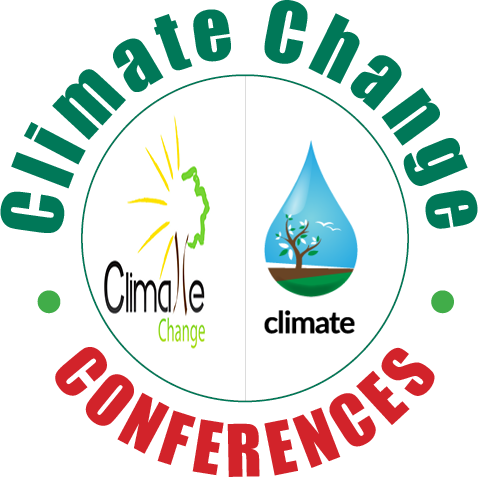Mohammad Alauddin
The University of Queensland, Australia
Title: Managing agricultural water use with alternate wetting and drying (AWD): towards achieving Sustainable Development Goal 6
Biography
Biography: Mohammad Alauddin
Abstract
Managing increasingly scarce irrigation water has become a major challenge to many countries in the face of changing climate and a rising population all over the world. United Nations’ Sustainable Development Goal 6 emphasizes ensuring availability and sustainable water management. Target 6.4 emphasizes increasing water-use efficiency across all sectors and sustainable withdrawals and supply of freshwater to address water scarcity. Bangladesh government has incorporated the SDGs in its Seventh Five Year Plan (2016–2020) in which north western Bangladesh was identified as water scarce or drought-prone area. This is one of the three most climate vulnerable zones of the country that receives least rainfall and suffers from severe ground and surface water scarcity. Against this background, using farm-level survey data from rice growers and a probit model, this study aims to assess the economic effects of the use of alternative wetting and drying (AWD), a water saving technology, in Naogaon district of Bangladesh. Findings suggest that the use of AWD saves water, decreases production cost through reduced irrigation cost, and raises net benefit/gain significantly without reducing total rice production. Major policy implications include information dissemination about the use and benefit of AWD through farmers’ training/workshops or through farm-level agricultural officers. Agricultural officers should also encourage farmers to use a recently developed method named “dry direct seeded technology” that has the potential to save 60% irrigation water for irrigated rice in the dry season.
Recent Publications
1. Islam Z, Alauddin M, Sarker M A R (2017) Determinants and implications of crop production loss: An empirical exploration using ordered probit analysis. Land Use Policy 67:527–536.
2. Kabir M J, Alauddin M and Crimp S (2017) Farm-level adaptation to climate change in Western Bangladesh: An analysis of adaptation dynamics, profitability and risks. Land Use Policy 64:212–224.
3. Alauddin M, Sarker M A R (2014) Climate change and farm-level adaptation decisions and strategies in drought-prone and groundwater-depleted areas of Bangladesh: an empirical investigation. Ecological Economics 106:204–213.
4. Alauddin M and Sharma B R (2013) Inter-district rice water productivity differences in Bangladesh: an empirical exploration and implications. Ecological Economics 93:210–218.
5. Alauddin M and Quiggin J (2008) Agricultural intensification, irrigation and the environment in South Asia: issues and policy options. Ecological Economics 65:111–124.

